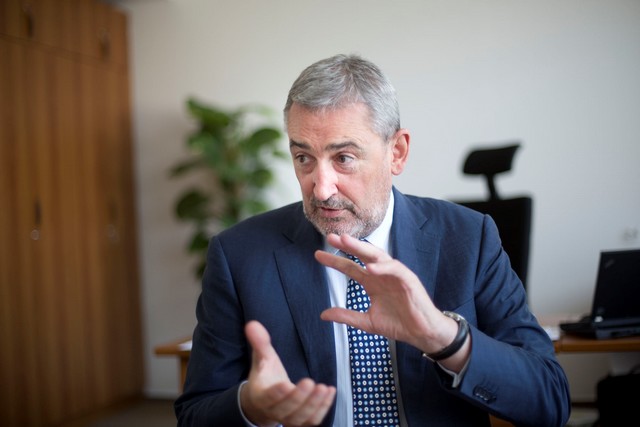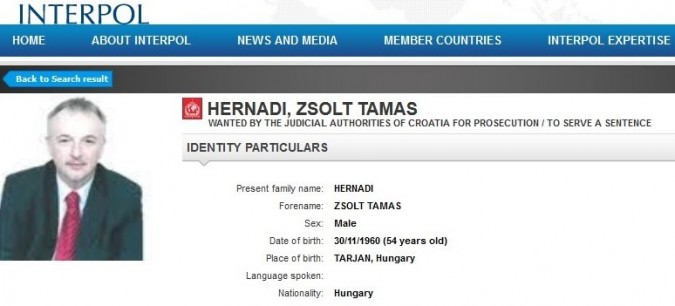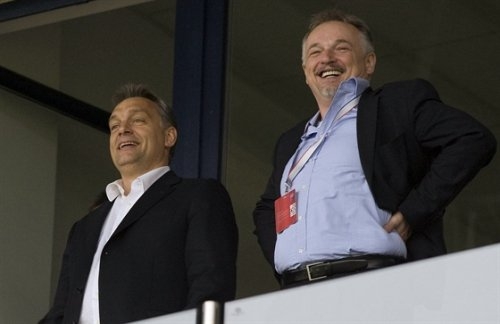A couple of months ago the Hungarian oil firm MOL Group made the surprise announcement that its executive vice-president of exploration and production, Alex Dodds, was quitting. Mr. Dodds helped to mastermind MOL’s “brilliant strategy” to build interests in Kurdistan and the UK North Sea region
Years ago Mr. Dodds’ name appeared in British tabloids when he has sustained head injuries after falling on the steps of a jet at Vnukovo airport in Moscow. They reported that the seasoned ExxonMobil veteran had been drinking large quantities of Beluga vodka on a privately chartered flight. (read here)
While with MOL the jolly Mr. Dodds has spent cash freely. He forked out over 400 million dollars in 2013 in the North Sea region to buy stakes in several oil fields. MOL spent another 130 million to buy part of Premier Oil and some other smaller assets. MOL was also successful in the UK offshore licensing round, being awarded four blocks.
Sounds impressive? There is only one problem – oil business is practically dead at the North Sea region. Plunging oil prices and high operating costs are hampering the business and analysts question the viability of North Sea oil. MOL was forced to book a writedown on North Sea assets in their recent quarterly report.
MOL also ran into problems in Kurdistan. They started “minimizing investment” in the Akri-Bijeel block, citing “complex geology and uncertainty.” In other words the wells are dry and they don’t have oil to make it profitable. (read more here)
Earlier Mr. Dodds had been very optimistic about Akri-Bijeel: “MOL is pleased to announce commerciality on the Akri-Bijeel block after recent successful long term tests in our Bakrman discovery.” Things turned out differently, MOL has lost a good chunk of cash at the Akri-Bijeel adventure.
Buying assets when oil prices are freefalling could be dangerous to your company’s financial health. Not surprisingly MOL reported $1.6 billion loss in the last quarter due to writedowns. (Yes, that is a “b”, billion.)
There is another problem. MOL Group CEO, Mr. Zsolt Hernádi is on and off the Interpol wanted list. Hungary’s courts willingly cleared him of any wrongdoing, but the stubborn Croatian authorities still accuse him of bribery. Hungariy’s handling of his corruption probe is disturbing, institutionalized legal and financial corruption in Budapest is rampant.
MOL’s stock price has dropped in the last 5 years. It is around 14 thousand Ft per share now down from the 2010 high of over 25 thousand Ft. MOL is partially owned by the Hungarian State which sunk pensioner’s funds into the company. Half of that investment is gone.
Mr. Dodds abrupt resignation is a serious warning. Although he cited undisclosed personal reasons, I have a feeling that he might have seen the writing on the wall and wanted to leave the sinking (at least damaged) ship.
MOL plans to reduce investments abroad and instead focus on assets closer to home in order to ride out the drop in oil prices. Berislav Gaso, the head of the upstream division at MOL, told recently to Bloomberg. (read here) In the last 16 months, about 60 oil companies have filed for bankruptcy as oil prices dropped, and that figure is expected to double in the coming months. As much as a third of the oil and gas industry in the US could disappear as a result of the downturn.
MOL continues to issue overly optimistic statements, although CEO Hernádi added, “the dramatically changed environment forced us to take some painful yet necessary decisions.” I have a feeling this is just the beginning. Expect more pain, oil prices won’t recover in the near future and MOL is badly mismanaged.
Investors should tighten their seatbelts, it will be a bumpy ride!
György Lázár






